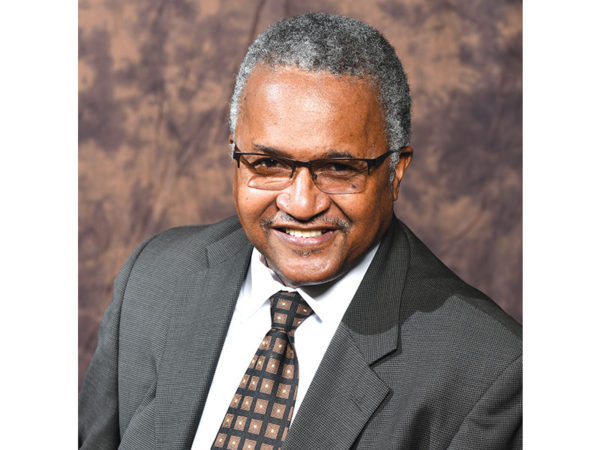Old times are not forgotten in Louisiana, especially when it comes to the criminal justice system. Last week we saw a clear example of the unwillingness of Republican members of the state Judiciary committee give justice to 1,500 convicted felons for the simple reason that it will cost too much or clog up the system.
The decision came when all seven Republican members of the House Judiciary Committee voted to kill a bill that would have given felons convicted by non-unanimous juries a chance at parole.
The U.S. Supreme Court ruled that convicting suspects using non-unanimous verdicts was an unconstitutional practice. The Court left the decision of what to do about thousands of people who were unconstitutionally convicted of crimes prior to its decision up to the states. It did not undo past unconstitutional verdicts.
In Louisiana, it is estimated that there are 1,500 prisoners in custody at present who were convicted by juries that were not unanimous.
That left lawmakers with the decision to either correct a wrong or look the other way and let it continue. Last year, Louisiana voters changed the state constitution to correct their part of the wrong. Now it takes a unanimous jury to convict a felon. The decision now is what to do about all of the people who were unconstitutionally convicted.
Last week the Judiciary Committee had to make that decision.
Somehow the decision to do right by the convicts divided along party lines. Even though no one appeared to testify against correcting the problem, seven of the committee’s twelve members, all Republicans, voted not to correct the residual effects of the old slave law.
The five who favored allowing those persons wrongfully convicted to have a chance at parole were all Democrats.
Why were they opposed? Many of them received calls from the District Attorneys Association complaining that passing the bill might mean offering a large number of retrials that will clog up the system and run up costs.
Additionally, the DAs say that many of the cases are so old that witnesses have died, and getting a new conviction might be impossible.
In all of the arguments the DAs gave, without appearing in person, no one considered that there may be some among the 1500 that were wrongfully convicted.
In fact, some of the witnesses before the committee produced evidence of inmates who were convicted without witnesses, DNA, or fingerprints and sentenced to life in prison without parole based on 10-2 jury decisions.
“Our system has buckled under decades of injustice. Louisiana lawmakers now have the obligation to repair the wounds inflicted by generations of Jim Crow,” said Jamila Johnson, a lawyer for the New Orleans-based Promise of Justice Initiative.
Louisiana’s non-unanimous jury requirement is a vestige of white supremacy that made it easier to convict Black people. Oregon was the only other state with a similar law. Voters in Louisiana approved a constitutional change that outlawed non-unanimous jury verdicts starting in 2019, after critics of the practice cited racial disparities in verdicts and pointed out the roots of the law..
“We can go forward and heal from a Jim Crow law that did all this harm,” said Jermaine Hudson, who was released from prison in March after serving 22 years on a non-unanimous jury conviction, after the witness who accused Hudson recanted.
Hopefully, our District Attorney Steve Tew, will not take such a hard line. He has proven himself to be a person who is tough on crime, but extremely reluctant to imprison the innocent.
We suggest that our DA review the cases of the men and women unconstitutionally convicted in the 4th District with an eye toward retrial or supporting parole applications for those whose guilt is questionable.
All of them should be considered questionable if their juries could not unanimously convict them.
Not doing so would imply that our system is perfect, and mistakes are impossible. A 10-2 verdict implies that there was a doubt.
If there is a doubt, the incarcerated deserve at least a second look.


